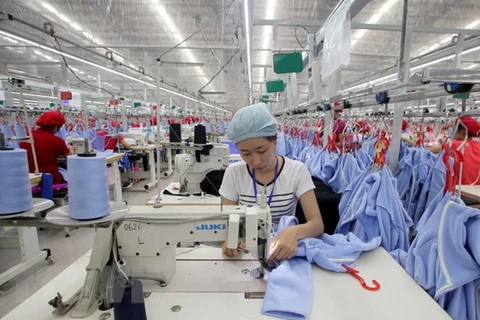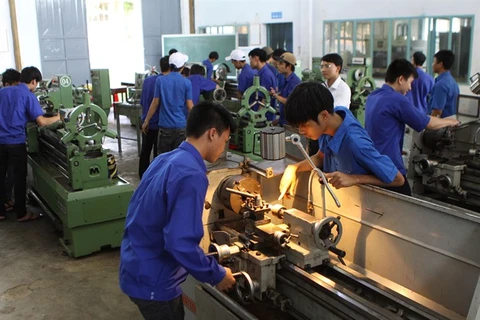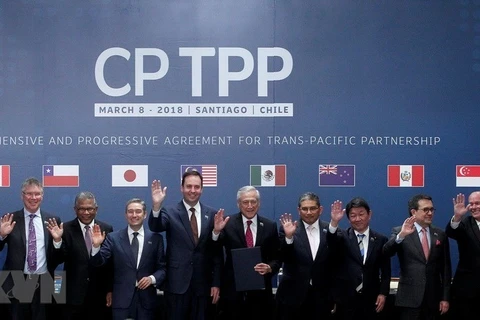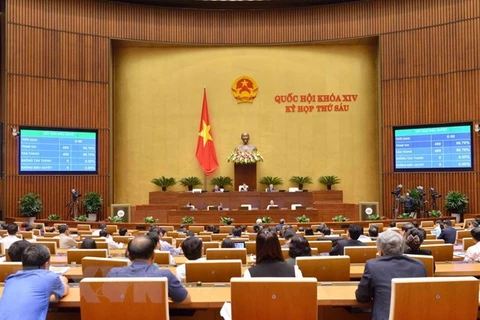Hanoi (VNA) - Chief negotiators from the 11 members of the Comprehensive and Progressive Agreement for Trans-Pacific Partnership (CPTPP) will gather in Tokyo, Japan, on November 20-21 to discuss policies after the deal takes effect in late this year.
They will discuss how to operate the pact and the basic policy on accepting future members after it enters into force, Kyodo News citied Toshimitsu Motegi, Japan's minister in charge of the CPTPP, as saying.
He expected the regional free trade zone to expand.
The Comprehensive and Progressive Agreement for Trans-Pacific Partnership was signed in Santiago, Chile, on March 8, 2018 by Australia, Brunei, Canada, Chile, Japan, Malaysia, Mexico, New Zealand, Peru, Singapore and Vietnam.
Of the 11, seven countries have already ratified the pact, with Vietnam finishing its procedures last week. Earlier, New Zealand, Canada, Japan, Mexico, Singapore and Australia ratified the deal.
The deal, taking effect at the end of this year, is expected to bolster economic growth, create more jobs, alleviate poverty, and improve the living quality of the member states.
It will create one of the world’s largest free trade blocks with a market of 499 million people and a GDP of 10.1 trillion USD, accounting for 13.5 percent of the globe’s GDP. - VNA
They will discuss how to operate the pact and the basic policy on accepting future members after it enters into force, Kyodo News citied Toshimitsu Motegi, Japan's minister in charge of the CPTPP, as saying.
He expected the regional free trade zone to expand.
The Comprehensive and Progressive Agreement for Trans-Pacific Partnership was signed in Santiago, Chile, on March 8, 2018 by Australia, Brunei, Canada, Chile, Japan, Malaysia, Mexico, New Zealand, Peru, Singapore and Vietnam.
Of the 11, seven countries have already ratified the pact, with Vietnam finishing its procedures last week. Earlier, New Zealand, Canada, Japan, Mexico, Singapore and Australia ratified the deal.
The deal, taking effect at the end of this year, is expected to bolster economic growth, create more jobs, alleviate poverty, and improve the living quality of the member states.
It will create one of the world’s largest free trade blocks with a market of 499 million people and a GDP of 10.1 trillion USD, accounting for 13.5 percent of the globe’s GDP. - VNA
VNA
























